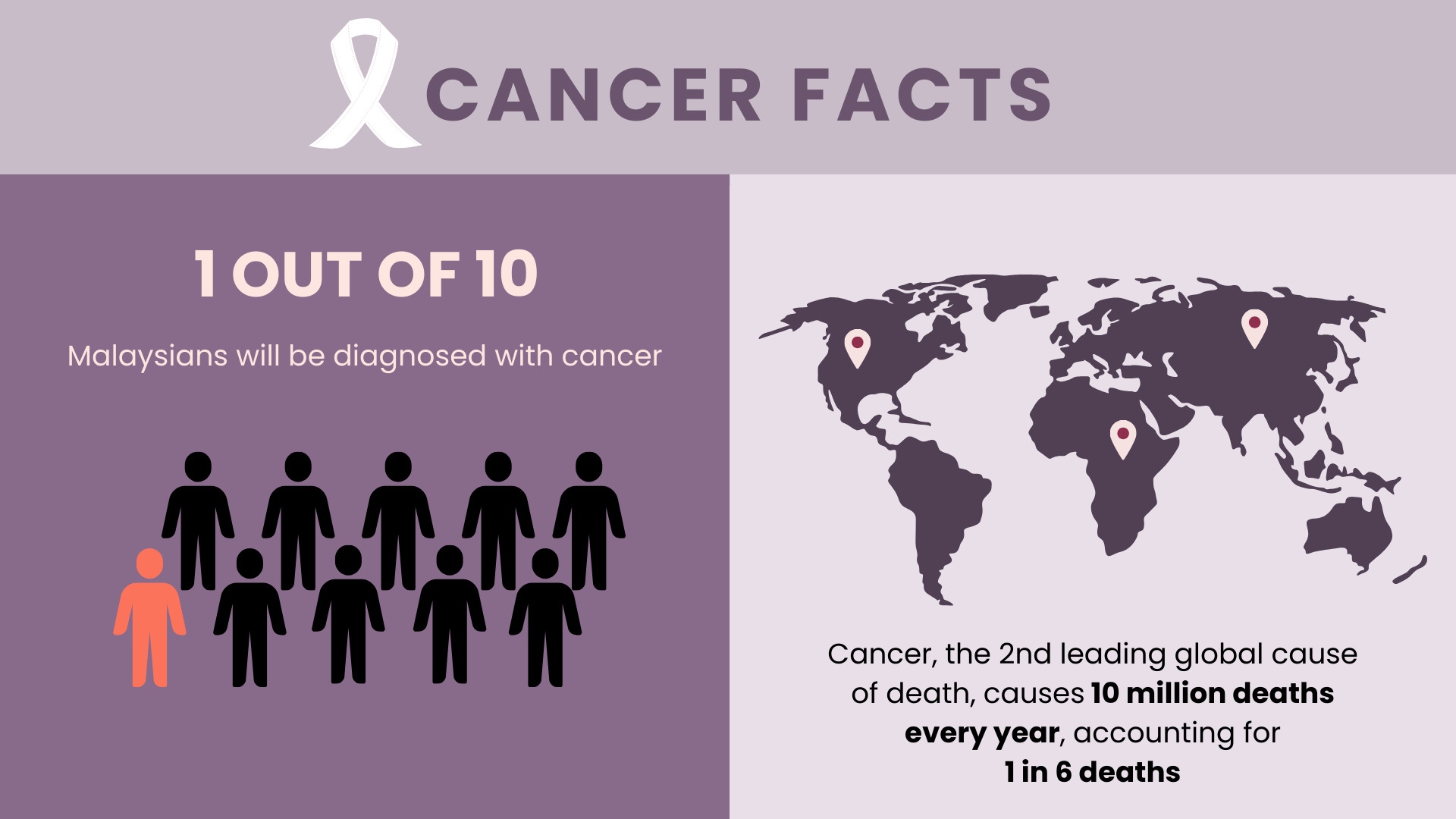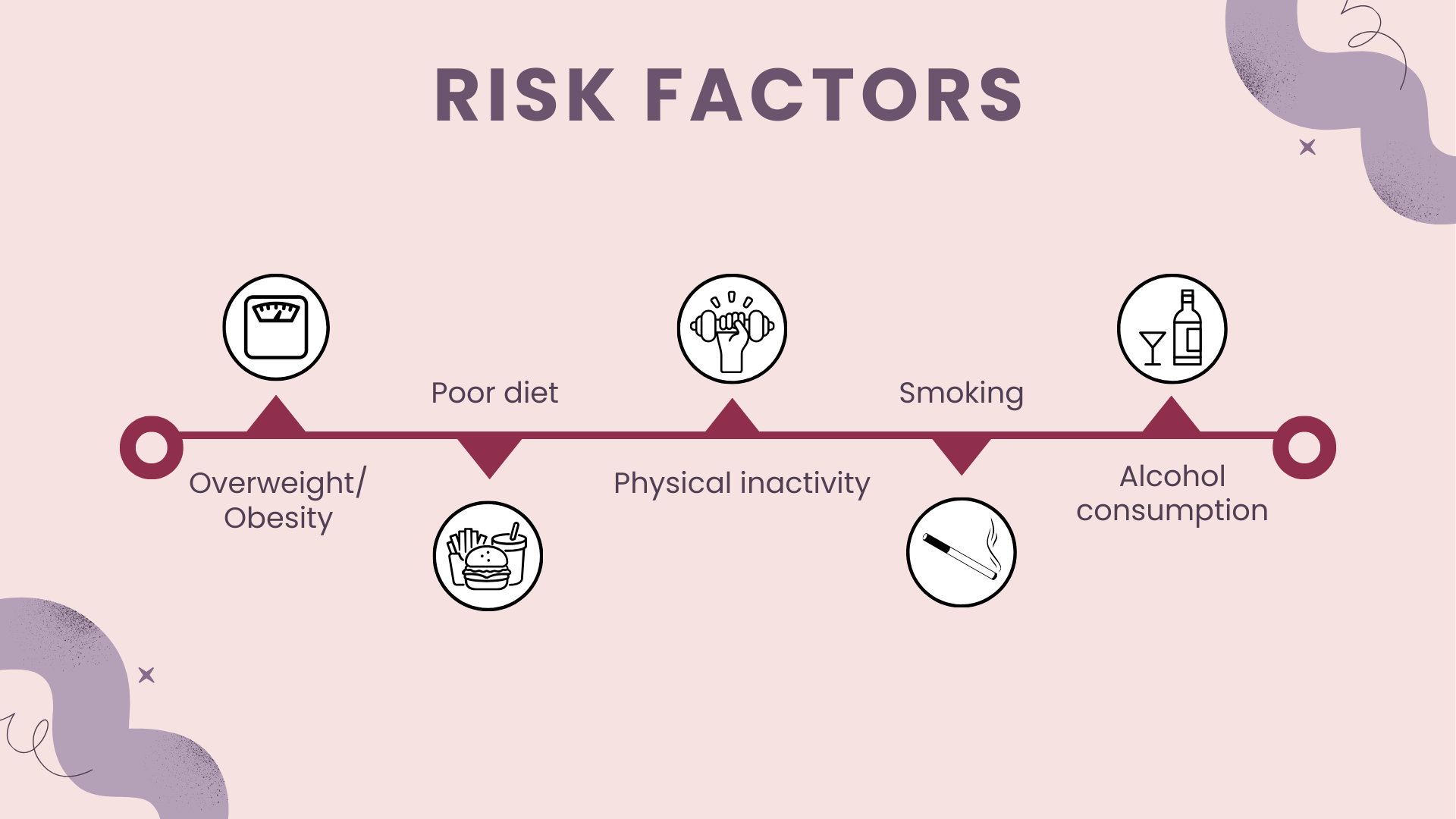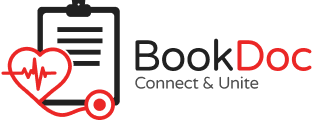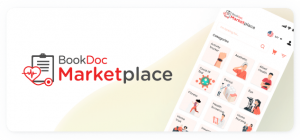
Introduction to World Cancer Day
World Cancer Day, observed annually on February 4th, unites people worldwide in the fight against cancer. Beyond its symbolic importance, the day promotes awareness about the prevalence and impact of cancer on individuals and society. Cancer awareness is a vital aspect of the collective effort against the disease, promoting early detection, dispelling myths, empowering individuals, fostering community and global impact, encouraging fundraising, and building a culture of prevention.
Cancer and its impact on individuals and society
Cancer is when abnormal cells grow uncontrollably, invade nearby tissues, and can spread to other organs, known as metastasizing, which is a major cause of death from cancer. It’s a group of diseases often called neoplasms or malignant tumours.
 Cancer, the second leading global cause of death, causes 10 million deaths every year, accounting for 1 in 6 deaths. The top five most common cancers in Malaysia are breast cancer, colorectal (colon) cancer, lung cancer, nasopharyngeal cancer ( head & neck cancer) and liver cancer. Moreover, approximately 1 in every 10 individuals in Malaysia will receive a cancer diagnosis in their lifetime.
Cancer, the second leading global cause of death, causes 10 million deaths every year, accounting for 1 in 6 deaths. The top five most common cancers in Malaysia are breast cancer, colorectal (colon) cancer, lung cancer, nasopharyngeal cancer ( head & neck cancer) and liver cancer. Moreover, approximately 1 in every 10 individuals in Malaysia will receive a cancer diagnosis in their lifetime.
The global burden of cancer is on the rise, causing substantial physical, emotional, and financial challenges for individuals, families, communities, and healthcare systems. Cancer can affect the emotional health of patients, families, and caregivers. Common feelings during this life-changing experience include anxiety, distress, and depression.
Common misconceptions about cancer
Is cancer contagious?
In general, cancer is not a communicable disease and is not easily transmitted between individuals. The only situation where it may transfer is through organ or tissue transplantation, with minimal risk. The risk is extremely low, with approximately two cases of cancer per 10,000 organ transplants. However, medical practitioners avoid using organs or tissue from donors with a history of cancer. Some viruses and bacteria can induce cancer in certain individuals. Still, the resulting cancers are not transmissible between people, even though the viruses or bacteria can spread from person to person.
Will eating sugar make my cancer worse?
No, despite research showing that cancer cells consume more sugar than normal cells, there is no evidence to suggest that consuming sugar will worsen cancer. Likewise, cutting out sugar has not been proven to cause cancer to shrink or disappear. However, a diet high in sugar may contribute to significant weight gain, and obesity is associated with an increased risk of developing various types of cancer.
Are there herbal products that can cure cancer?
Absolutely not. While some studies suggest that alternative or complementary therapies, including certain herbs, may help manage the side effects of cancer treatment, there is no evidence supporting their effectiveness in treating cancer. In fact, certain herbal products may be harmful when taken alongside chemotherapy or radiation therapy, potentially affecting the effectiveness of these treatments. It is essential to consult with your doctor about any complementary and alternative medicine products, including vitamins and herbal supplements, that you are using.
Cancer always causes pain
Not all cancers cause pain, especially in the early stages. Some cancers may be asymptomatic or present with subtle symptoms. Pain is just one potential symptom, and its presence or absence does not determine there is cancer. Regular screenings, awareness of potential warning signs, and seeking medical advice for unusual symptoms are crucial for early detection and effective treatment. Hence, don’t wait until it’s too late. Get screened. (Promoting early detection and prevention)
Preventing cancer begins with a healthy lifestyle
More than 40% of cancer-related deaths could be preventable as they are linked to modifiable risk factors such as:

- Being overweight or obese: A higher weight, especially in adulthood, is correlated with increased risks of cancer. Excessive weight has been associated with a heightened risk of developing 12 different cancers, including bowel and pancreatic cancers.
- Poor diet: Experts recommend that dietary patterns and nutritional intake, especially those featuring high consumption of red meats, processed meats, salted foods, and low intake of fruits and vegetables, can influence the risk of developing certain cancers, notably in the colorectum, nasopharynx, and stomach.
- Physical inactivity: Physical inactivity increases excess body fat and body weight, which contributes to an increased likelihood of developing colon, breast, and endometrial cancers.
- Smoking: Tobacco smoke contains at least 80 cancer-causing substances, known as carcinogens. Inhaling these chemicals not only increases the risk of lung and mouth cancers but also various other forms of cancer as they enter the bloodstream and circulate throughout the body. Currently, about 22% of cancer-related deaths are linked to tobacco use.
- Alcohol consumption: The evidence linking all types of alcoholic drinks to the development of various cancers is stronger than ever. Alcohol has the potential to increase the risk of six types of cancers, including colorectal, breast, mouth, pharynx and larynx, esophageal, liver, and stomach cancers. Generally, the more alcohol consumed, the higher the risk of many cancers, and even moderate intake increases this risk.
Available support systems and resources
If you or anyone you know needs support to cope with the physical and emotional aspects of the journey with cancer, several organizations provide invaluable assistance:
National Cancer Society Malaysia (NCSM): NCSM offers emotional support and counseling to cancer patients and their families, recognizing that coping with cancer involves both physical and emotional well-being. As a crucial resource for cancer education, NCSM provides extensive information on various cancer types, treatment options, and coping strategies. Additionally, addressing financial challenges related to cancer, NCSM offers assistance programs to ease the financial burden, allowing individuals to focus on their health without stress. In constant recognition of the value of social support, NCSM also has support groups and workshops that provide spaces for sharing experiences, gaining insights, and finding solace in a community that understands the challenges of living with cancer.
BookDoc: BookDoc strives to assist patients by connecting patients and healthcare professionals. BookDoc serves as a bridge between cancer patients and healthcare professionals, facilitating easy access to medical expertise and support. To learn more, explore our platform here to connect with seasoned general practitioners who can address your concerns and offer personalized recommendations.
Jonathan, Dietetics Intern
References:
Cancer. World Health Organisation. Retrieved from: https://www.who.int/health-topics/cancer#tab=tab_1
World cancer day. Union for International Cancer Control (UICC). Retrieved from: https://www.worldcancerday.org/what-cancer
Common cancer myths and misconceptions. National Cancer institute (US). Updated: 9 November 2023. Retrieved from:https://www.cancer.gov/about-cancer/causes-prevention/risk/myths
Preventing cancer. Harvard T.H. Chan. Last reviewed March 2021. Retrieved from: https://www.hsph.harvard.edu/nutritionsource/cancer/preventing-cancer/













